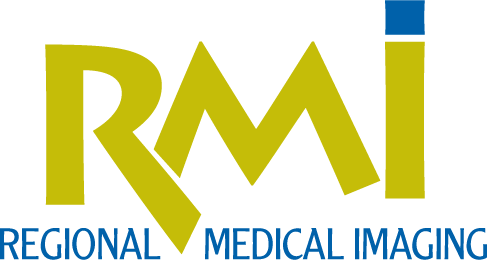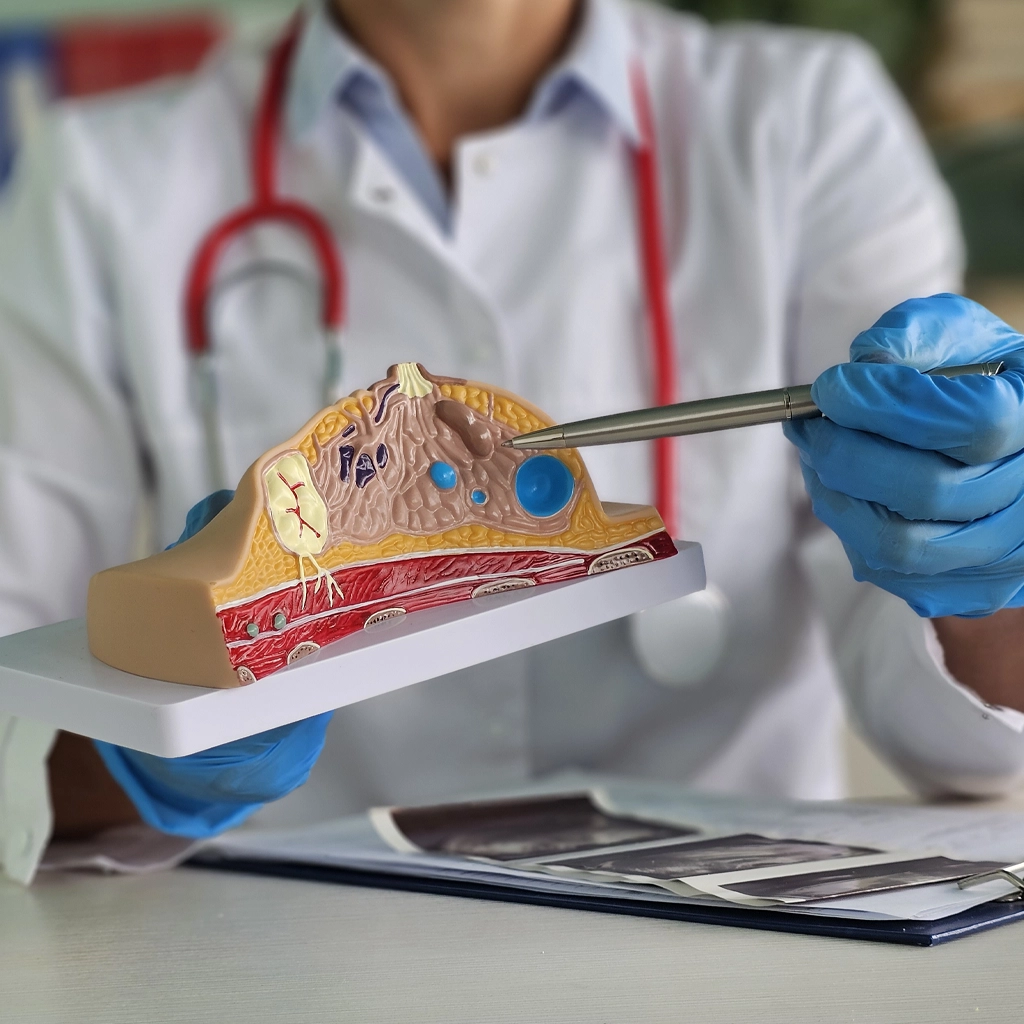How to Know if You’re at “High Risk” for Breast Cancer
Knowing your risk for breast cancer is a vital step toward early detection, effective prevention, and potentially life-saving treatment. While breast cancer can affect anyone, some individuals carry a significantly higher risk, often due to genetic factors. One of the most important tools we have today in determining breast cancer risk is genetic testing, particularly for mutations in the BRCA1 and BRCA2 genes.
What Is the BRCA Gene and Why Does It Matter?
BRCA1 and BRCA2 genes are tumor suppressors that help repair damaged DNA in breast tissue cells. When functioning normally, they prevent uncontrolled cell growth. However, if these genes are mutated, they lose this protective function. This can cause abnormal cells to multiply rapidly, which significantly increases the risk of developing breast cancer.
Women with a BRCA gene mutation face a lifetime risk of breast cancer as high as 85%, compared to the average 12% risk in the general population. Despite this heightened danger, most women who carry the mutation are unaware that they do.
How Genetic Testing Can Help Determine High Risk for Breast Cancer
At RMI, we provide advanced genetic testing for the BRCA gene to help patients understand their risk level, whether they’ve been diagnosed with cancer or not. Knowing your genetic status allows you and your doctor to make proactive decisions, such as:
- Starting screening (like mammograms or MRIs) at an earlier age
- Taking risk-reducing medications
- Considering preventive surgeries (e.g., mastectomy or oophorectomy)
- Alerting family members who may also be at risk
In short, understanding your genetic predisposition can be life-changing—and life-saving—not just for you but also for your loved ones.
Who Should Get BRCA Testing?
You may be a candidate for BRCA testing if you meet any of the following criteria:
If You Have a Cancer Diagnosis:
- Diagnosed with breast cancer before age 50
- Diagnosed with ovarian cancer at any age
- Diagnosed with two types of primary breast cancer
- Diagnosed with both breast and ovarian cancer
- Male breast cancer at any age
- Are of Ashkenazi Jewish descent and diagnosed with breast or ovarian cancer at any age
If You Do Not Have a Cancer Diagnosis:
- Have two or more cases of breast cancer in your family, with one under age 50
- Have a known BRCA mutation in your family
- Are of Ashkenazi Jewish descent with a family history of breast or ovarian cancer
If you believe you may be at higher risk for breast cancer based on your personal or family history, don’t wait to seek answers. RMI is committed to helping you make informed, empowered decisions through advanced BRCA gene testing and counseling.
Schedule your consultation with RMI today to learn more about your genetic risk and the steps you can take to protect your future.

